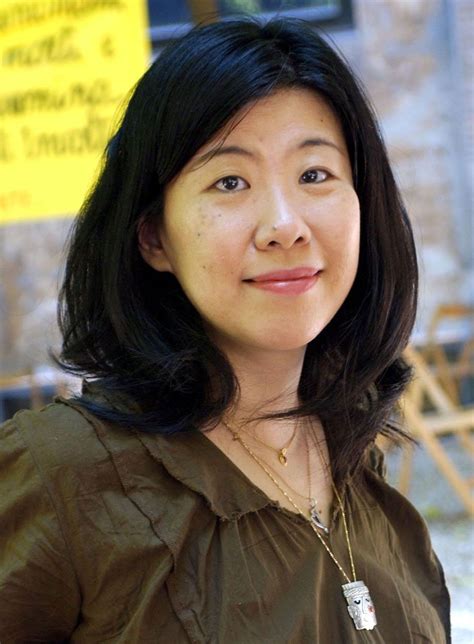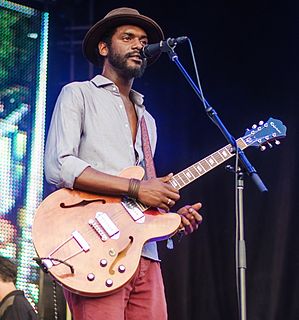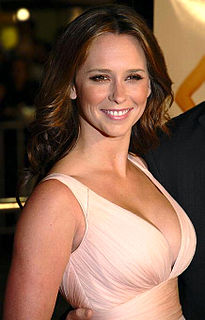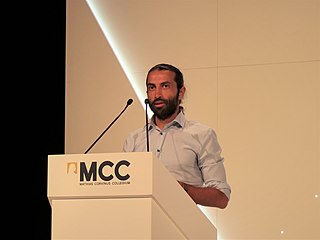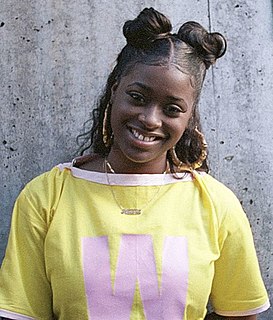A Quote by Sarnath Banerjee
My books serve as archives of thoughts and emotions, like a tonal history that captures how I felt at a certain time of my life. It's not very informational. You're not going to get comprehensive knowledge about the Han dynasty of China or about India's Emergency. But you might learn how one person felt about the Los Angeles Olympics.
Related Quotes
You either hear the story and you're curious, and you're sort of sympathetic, or you think, "Ugh, how horrible." That's dehumanizing. How about we take that and turn Christine Chubbuck into a person and it's not about the final act, it's about her life. I felt that really strongly, and I felt a sort of deep sympathy with her. It's also why I do what I do. I want to try to make difficult people somehow relatable.
Nothing was ever easy in Memphis and I think that's why the fans were drawn to our team so much. It's because the way we played and the way we got overlooked and the respect that we didn't get most of the time was very similar to how the city felt and how the locals felt about life in general. It was an easy bond.
In places where a loved one has died, time stops for eternity. If I stand on the very spot, one says to oneself, like a prayer, might I feel the pain he felt? They say that on a visit to an old castle or whatever, the history of the place, the presence of people who walked there many years ago, can be felt in the body. Before, when I heard things like that, I would think, what are they talking about? But i felt I understood it now.
I was just a very emotional player. I wore my emotions on my sleeve. I pretty much told you how I felt. I didn't mince words, so to speak. If I felt bad, I let you know that I felt bad. If I felt you were playing sorry, I told you. If I was playing sorry, I told myself that. I came from an era when losing really hurt. I didn't see anything good about it.
One respect in which I'm very much my father's son is how I feel about Joyce. 'Ulysses' is very much about daily life, when you get into this other guy's life and you learn about the things he cares about, and why he cares about them. And then, very indirectly, very subtly, you learn why politics has impacted his life, too.
Well, it has to do with very deep things, because it might be that imagining yourself as a girl is a diminishment. But it is something that when I made "The Devil Wears Prada" it was the first time in my life, 30 years of making movies, that a man came up and said I know how you felt. I know how you felt. I have a job like that. People understand.






